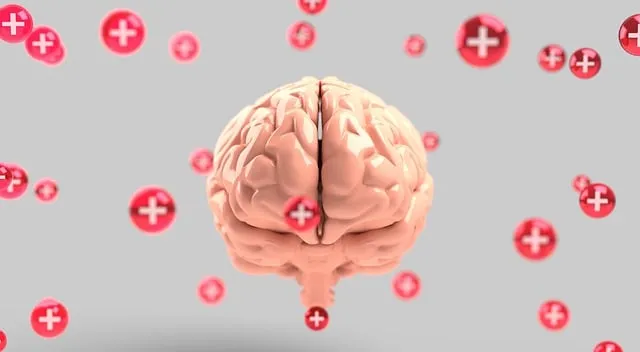The Longmont Kaiser Permanente mental health center, led by its dedicated owner, is at the forefront of prioritizing mental wellness through innovative self-assessment tools. These tools empower individuals with early detection and personalized treatment plans using evidence-based practices like Resilience Building and Mental Wellness Coaching. By integrating holistic approaches, regular updates based on feedback, and data analysis, the center continuously improves its services, ensuring optimal support for clients' mental health needs in Longmont.
Mental wellness self-assessment tools play a crucial role in empowering individuals to take charge of their mental health. This article explores the development of such tools at Longmont Kaiser Permanente mental health center, highlighting their importance in early detection and management. We delve into the process of designing effective and accurate assessments tailored to the unique needs of patients, focusing on strategies for continuous improvement. By integrating these tools into care plans, Longmont Kaiser Permanente aims to enhance patient outcomes and foster holistic mental wellness support.
- Understanding the Need for Self-Assessment Tools in Mental Health Care
- Designing Effective and Accurate Assessment Tools at Longmont Kaiser Permanente
- Implementation and Continuous Improvement for Optimal Mental Wellness Support
Understanding the Need for Self-Assessment Tools in Mental Health Care

In today’s fast-paced world, recognizing and prioritizing mental wellness is more crucial than ever. This need is especially pronounced in communities like Longmont where healthcare access, including mental health services, plays a vital role. The Longmont Kaiser Permanente mental health center by owner has been at the forefront of this movement, understanding that self-assessment tools are critical for early detection and intervention. Traditional mental health care often relies on professional diagnoses, but these assessments may miss subtle signs of distress or undiagnosed conditions, especially in individuals who face barriers to seeking help.
Self-assessment tools offer a personalized approach, empowering individuals to take an active role in their mental wellness journey. By integrating practices like Resilience Building, Social Skills Training, and Mental Wellness Coaching Programs Development, these tools can identify potential issues and provide insights into areas of improvement. This proactive approach not only benefits individuals but also reduces the burden on healthcare providers by enabling early prevention and management of mental health concerns.
Designing Effective and Accurate Assessment Tools at Longmont Kaiser Permanente

At Longmont Kaiser Permanente mental health center by owner, the development of effective and accurate self-assessment tools is a cornerstone of their comprehensive approach to patient care. These tools are meticulously designed to not only capture the nuances of an individual’s mental wellness state but also to guide personalized treatment plans. By incorporating feedback from both patients and healthcare professionals, Longmont Kaiser Permanente ensures that their assessment methods remain current and aligned with the latest advancements in mental health research.
The center prioritizes the integration of evidence-based practices such as stress management techniques and positive thinking exercises within these assessments. This holistic approach recognizes the interconnectedness of emotional healing processes and aims to empower individuals with the skills necessary for sustained well-being. Through regular updates and ongoing validation, Longmont Kaiser Permanente’s self-assessment tools serve as powerful facilitators of mental health awareness and improvement.
Implementation and Continuous Improvement for Optimal Mental Wellness Support

The development of self-assessment tools for mental wellness is an ongoing process, and its success lies in continuous improvement. Longmont Kaiser Permanente mental health center by owner, through regular updates and user feedback, can ensure these tools remain effective and relevant. Implementing a robust system for collecting and analyzing user data is key; this allows for tailored adjustments to cater to the diverse needs of individuals seeking support. By integrating Emotional Well-being Promotion Techniques and Mental Health Education Programs Design into the self-assessment process, users can gain valuable insights and learn coping strategies.
Additionally, regular reviews should include a focus on promoting Confidence Boosting techniques, as this aspect is vital for fostering resilience and overall mental wellness. Such an iterative approach ensures that the assessment tools not only assist in identifying concerns but also provide proactive solutions, ultimately enhancing the center’s ability to offer optimal support to its clients.
The development of mental wellness self-assessment tools, as demonstrated by Longmont Kaiser Permanente’s initiative, is a significant step forward in enhancing mental healthcare. By implementing accurate and user-friendly assessment methods, individuals can actively participate in their mental well-being management. The success of these tools at the Longmont Kaiser Permanente mental health center by owner highlights their potential to improve access to care, early intervention, and personalized support. Continued innovation and refinement in this area will be crucial in meeting the growing demand for effective mental wellness solutions.






